The Pathway to Prosperity Conference is the only event in North Carolina to address the entire range of events that can affect an individual’s or family’s financial well-being. The Conference offers sessions about consumer finance issues, access to banking, student loan debt, and strategies to close the racial wealth divide and more.
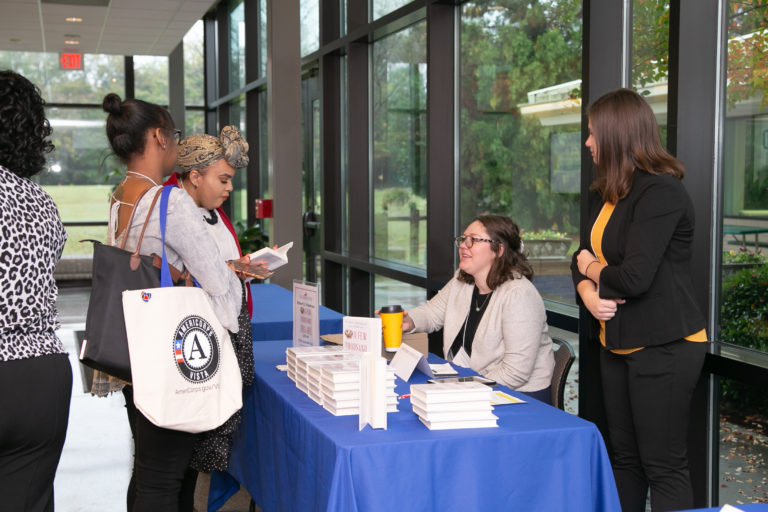
Summer Jobs Connect is an initiative operating in 25 cities across the country intended to support the financial wellbeing of young people participating in youth employment programs by helping them to access and use safe, affordable checking accounts. By getting banked early, youth can avoid the pitfalls of being unbanked (like paying fees to check cashers) and start their financial lives off on the right foot. The City of Raleigh is bringing this exciting initiative to youth involved in their Summer Youth Employment program. This panel will share details of the initiative and steps that other nonprofits, local governments, or financial institutions can take to provide their youth with access to safe and affordable bank accounts.
Presented by: Rebekah Dixon and Victor Galloway
The thought of building wealth when you are homeless, unemployed, or hungry is overwhelming and seems insurmountable. Cabarrus County leveraged an innovative tool to empower clients to move from crisis to breakthrough by breaking complicated situations down into more manageable pieces yielding impressive results. This session will explore this journey and their plans to use the same tool to help Cabarrus County social workers to do the same in their own personal lives.
Presented by: Beth Lowder and Karen Calhoun
Since the onset of COVID-19, the labor market has experienced rapid changes. Initially, job losses shot up and businesses were forced to scale back or shut down completely. However, the recovery for many sectors happened relatively quickly and now many businesses find they have more job openings than workers to fill them. This session will share insights from a series of focus groups conducted around the state with employers, workforce support providers, and young adults beginning their careers or looking for work. Hear lessons learned from these different perspectives, proposed recommendations to improve opportunities for employers and workers, and offer your ideas, concerns, and insights to expand the conversation.
Presented by: Jess Dorrance
The conference will host an interactive working lunch with connection, reflection, and inspiration, on how to integrate care into our busy lives, rather than making it one more thing that does not fit. Space for self-evaluation, conversation, and skill-building will be structured around the needs and interests of the attendees. Participants will explore the context and importance of care, with an emphasis on practical and tangible tools that are rooted in self and community care. Attendees will leave with skills and insights that can be activated immediately.
Presented by: Elizabeth Watkins Price
This session will highlight solution-based approaches to address the whole person (mental, physical, social and psychosocial). Social drivers of health are often linked to poverty and low education status. Screening for social risk factors that impacts physical health is a key step in providing whole person care. The highlight of this session is the role of the community health worker and their role in supporting the whole person.
Presented by: Allice Schenall, Tamika Williams, and Philip Cooper
Everyone is using online banking or apps. But how do they work and what happens “behind the scenes”? What are the pros, cons, and questions about these relationships from a consumer protection perspective? This session will cover the basic terminology of fintech-bank partnerships, some of the major players on both the fintech and bank sides of these partnerships, recent developments specific to North Carolina, and the importance of NC’s lending laws in this fast-growing market.
Presented by: Rochelle Sparko, Monica Burks, and Lynne Weaver
This is an interactive simulation that will explore the impact of the Benefits Cliff, a condition in which a small pay increase results in an overall loss of combined income and benefits, has on low-income families building asset wealth in North Carolina. Many people in our community are adversely impacted and as they forfeit benefits; they suddenly have less money in their monthly budget to meet their household’s essential needs like food, rent, healthcare, child care, and transportation. Attendees will receive actionable steps that employers, beneficiaries, and changemakers (elected officials, organizational and institutional leaders, nonprofits and foundations, grassroots organizers, and others) can do to help mitigate the child care benefits cliff in North Carolina.
Presented by: Vivian Pérez Chandler and Arleatha Patterson
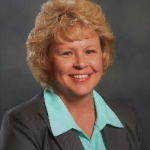





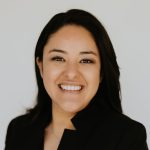

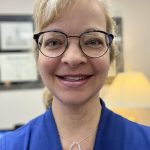
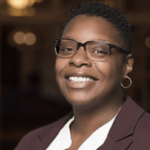
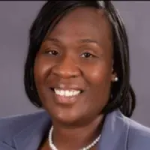


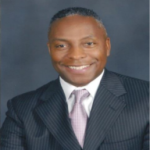





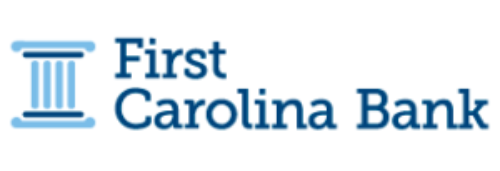

Copyright © 2020-2021 THE COLLABORATIVE. Designed by WJJ Brands, LLC. All rights reserved.